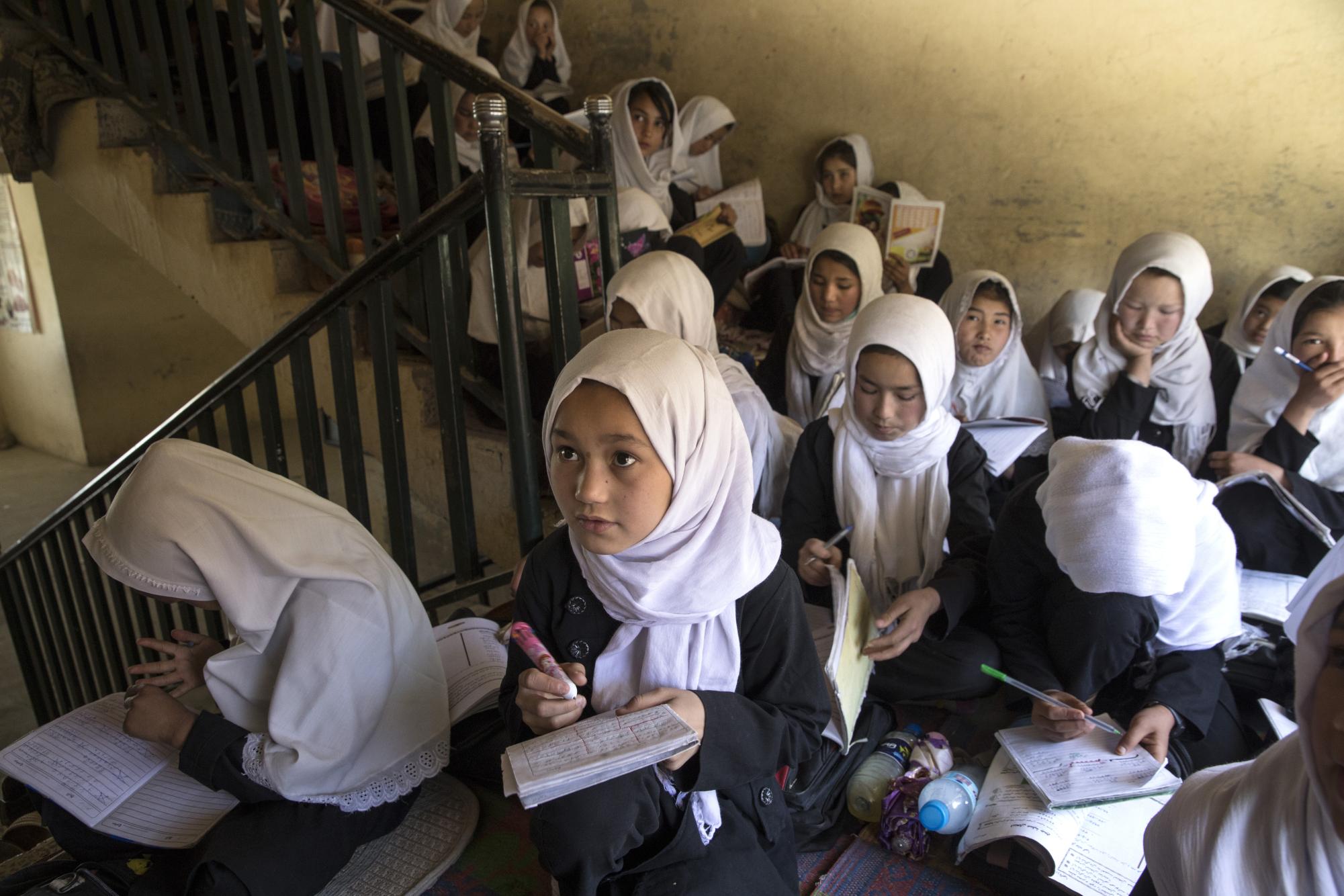In Afghanistan, girls are being restricted from education due to a terrorist group called the Taliban. The reasoning for the restriction on young girls is because the Taliban believe that girl’s education is rooted in their strict interpretation of Islamic law and traditional cultural beliefs. They view education for girls as contrary as their interpretation of Sharia, which they believe should govern all aspects of life. Their view is influenced by a desire to enforce a very conservative and patriarchal societal structure, where gender roles are rigidly defined, and women’s roles are largely confined to the domestic sphere.
Though it may seem like something that is “not our problem”, this is a human rights issue and it is important for all people to be aware of the repercussions for a society that places such restrictions on women.
Limited Economic Opportunities – The lack of education of young girls in Afghanistan has profound and far reaching effects. Without education, young girls face significant barriers to employment and economic independence. This perpetuates cycles of poverty and limits their ability to contribute economically to their communities.
Health and Well-being – Education is also closely linked to better health outcomes. Girls with access to education are more likely to make informed decisions about their health, access healthcare services, and have healthier families. Lack of education often result in higher rates of child marriage and reduced access to reproductive health services.
Social and Political Empowerment – Education empowers individuals to participate in social and political processes. Without it, young girls are less likely to have a voice in their communities and to advocate for their rights.
Cycle of Disadvantage – The lack of education for girls often means that future generations are also disadvantaged. Education women are more likely to value and seek education for their own children, thus breaking the cycle of poverty and exclusion.
Increased Vulnerability – Girls who are not in school are at a great risk of exploitation and abuse. Education provides a protective environment and can serve as a critical safeguard against trafficking and forced labor.
Social Development – When a significant portion of the population is denied education, it hinders overall social development and progress. Educated women contribute to economic growth, social stability, and cultural advancement.

